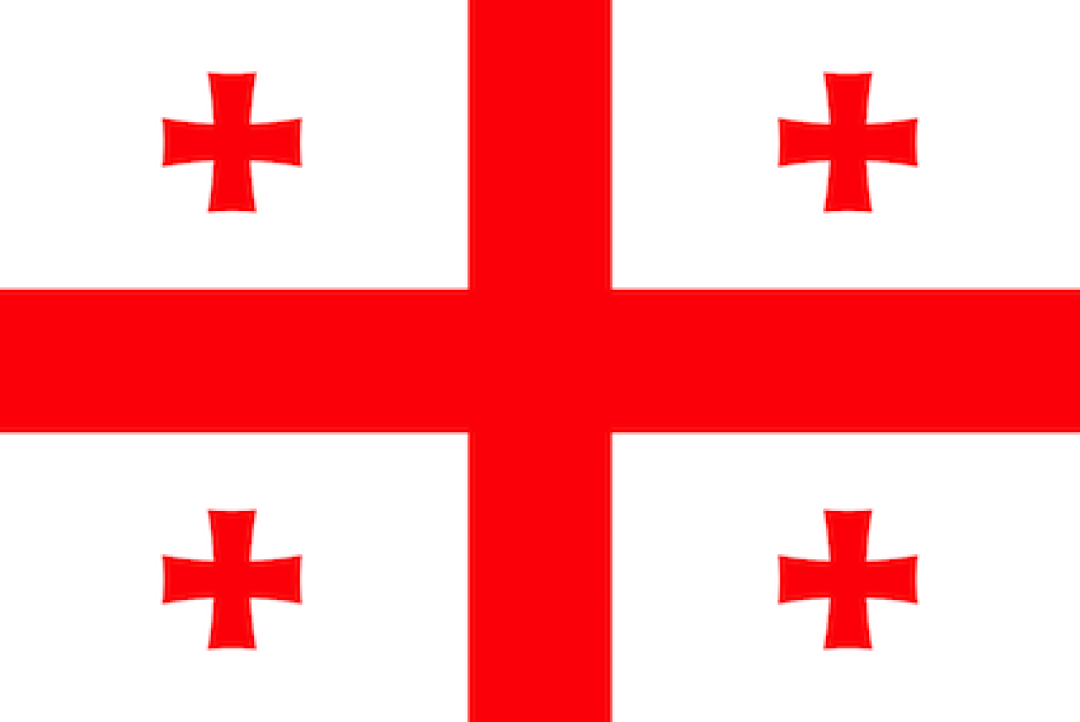
The calm after the storm? Social impacts in the aftermath of Georgia-Russia Tensions

In the aftermath of the incident caused by the Russian parliamentary member Sergey Gavrilov, which sparked mass protests in Georgia and lead to sanctions from Russia, the Georgian society continues to cope with these rapid changes.
The Russian Deputy Foreign Minister Gregory Karasin said that the Russian government was ready to abolish visa requirements for Georgia before the incident occurred. He also blamed the unfolding situation on the activity of the Georgian opposition forces, which according to him have endangered everything positive that had jointly been created in the Russian-Georgian relations since 2012.
The “security service” of occupied Abkhazia announced on 27 June that the Enguri crossing point of the boundary line will be temporarily closed. As a result of this closure of boundaries the majority of entrants registered in the Gali district of occupied Abkhazia failed to participate in the first subject matter examination on 1 July, which forms a part of the Unified National Exams, a set of nationwide tests administered to those high school graduates who want to enter universities. Out of 185 aspiring students from the Gali district, only 6 managed to cross the boundary.
The Georgian economy continues to suffer due to the flight ban from Russia, especially in the field of tourism. Amid the cancellation of direct Russian-Georgian flights, the flow of Russian tourists has noticeably decreased. “Of the 50 vouchers booked by Russian citizens, 45 were cancelled,” said Khatuna, an employee of a Tbilisi-based tour operator. Before the background of the decrease in tourist flows from Russia, her company intends to more actively attract tourists from Ukraine and Belarus, but citizens of these countries are "not as solvent as Russians," she added.
According to the World Travel and Tourism Council (WTTC), in total, tourism contributed 33.7% to Georgia’s total GDP in 2018, which is higher than the global average of 10.4%. Tourism is also a branch that contributes significantly to employment in Georgia, creating 519,700 jobs in the Georgian economy in 2018 alone. The decline of Russian tourists could have a major impact on one of Georgia’s most important economic branches.
To cope with this situation, the Georgian government is resorting to attract more customers from western countries. On 1 July, MIR Corporation, one of the largest US tour operators, and National Geographic launched a cooperation project with the Georgian Minister of Economy, Natia Turnava, to organise tours for tourists from the United States, Canada, New Zealand and other English-speaking countries to Georgia.
In terms of trade, imports of wheat and meslin from Russia are among the first products that could be targeted. Based on the official statistics of Georgia's National Statistics Office for 2018, 575.000 tons of wheat and meslin were imported to Georgia; 482.000 tons came from Russia, 88.865 tons from Kazakhstan and only a small part from Ukraine and Turkey.
Some economic experts believe that after the escalation of tensions between Georgia and Russia the wheat export to Georgia might also face repercussions. Ketevan Kublashvili, Director General of the Agricom Company, which is the main wheat importer in Georgia, says that today there is a real risk that Russia will also place an embargo on imports of wheat, not only on imports by truck, but by railway and sea too. “During the last 3-4 years, we have become completely dependent on Russian wheat. Practically 60% of imported wheat from Russia comes via truck through the Zemo Larsi checkpoint,” she said. Levan Silagava, Head of the Association of Wheat Groups, believes that the main leverage Russia could employ is complicating the procedures for document procurement when exporting wheat.
Russia’s consumer protection agency issued a warning that it had been observing a “decline in quality” of alcohol products imported from Georgia. Wine is one of Georgia’s major industries and Russia is its top customer.
The cultural exchanges between the two countries keep declining as well. Popular Georgian singer and songwriter Nino Katamadze became the latest artist from the country to announce they would drop show dates in Russia, in protest of the Russian occupation. In her Facebook post she said that her show in Russia on 22 June was the last ever in this country as she had accepted to perform at the event “only for the sake of a visually impaired nine-year-old.” Giorgi Shvelidze, winner of the American Society of Cinematographers Spotlight Award; jazz talent Beka Gochiashvili; and opera singer Ketevan Kemoklidze also joined Katamadze in their refusal to travel to Russia.
In response, the Russian President’s Press Secretary Dmitry Peskov called on all Russian artists who planned to perform in Georgia “to think about their safety”. Commenting on Katamadze’s post, Peskov said that “she probably does not know a lot about politics.”
See Also


Mirzoyan Meets US Deputy Assistant Secretary Joshua Huck

Azerbaijani President Holds Talks with UAE and German Business Delegations on Economic Cooperation

Grigoryan Confirms Armenia’s Readiness to Dissolve OSCE Minsk Group Upon Peace Treaty Signing

Azerbaijani Official Warns of Ecological Risks to Caspian Sea, Similar to Lake Urmia and Aral Sea

